 USAID funds partnerships with Higher Education for Development (HED) to encourage women’s leadership throughout a number of developing countries, including South Sudan, Rwanda, Paraguay, and Armenia. As part of the new Women’s Leadership Program, five American universities will partner with universities and colleges throughout the select countries.
USAID funds partnerships with Higher Education for Development (HED) to encourage women’s leadership throughout a number of developing countries, including South Sudan, Rwanda, Paraguay, and Armenia. As part of the new Women’s Leadership Program, five American universities will partner with universities and colleges throughout the select countries.
The partnership between universities aims at encouraging women’s status in a number of vital sectors for economic development, including agriculture, business, and education. The goals of the program also fall in line with previous goals laid out by USAID as part of the Gender Equality and Female Empowerment Policy, which was released in 2012.
HED will be in charge of administering the programs, which will total one in each country and two in Rwanda. Funding for the program from USAID will total $8.75 million.
Some of the more specific goals of the Women’s Leadership Program will include increased access to higher education and advanced degrees for women, increases in foreign universities research on women’s leadership, and encourage women’s leadership through advocacy in struggling communities. The American universities that are participating in the program are Arizona State University, Michigan State, Indiana University, UCLA, and the University of Florida.
USAID Senior Coordinator for Gender Equality and Women’s Empowerment, Carla Koppell, said “USAID is very excited to be collaborating with academic institutions in the United States and abroad in advancing women’s leadership. These partnerships offer a meaningful and important opportunity to ensure women are empowered and advance in economies and societies globally.”
– Christina Kindlon
Source: USAID
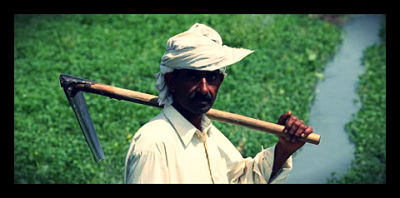

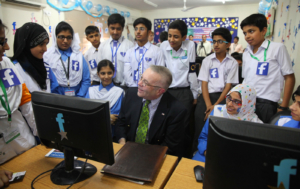 As part of a larger effort to further education in Pakistan, USAID has awarded scholarships to 150 students of Azad Jammu and Kashmir (AJK). The students are enrolled for either the two-year Associate Degree in Education program or the four-year Bachelor of Arts Degree in Education program and are candidates the teachers who will go on to educate Pakistani youth. This is an important part of USAID’s collaboration with the Government of Pakistan in the larger Teacher Education Project. The project, which is slated to run for five years, includes an updated and standardized curriculum in 22 Pakistani universities and 75 teacher colleges.
As part of a larger effort to further education in Pakistan, USAID has awarded scholarships to 150 students of Azad Jammu and Kashmir (AJK). The students are enrolled for either the two-year Associate Degree in Education program or the four-year Bachelor of Arts Degree in Education program and are candidates the teachers who will go on to educate Pakistani youth. This is an important part of USAID’s collaboration with the Government of Pakistan in the larger Teacher Education Project. The project, which is slated to run for five years, includes an updated and standardized curriculum in 22 Pakistani universities and 75 teacher colleges.
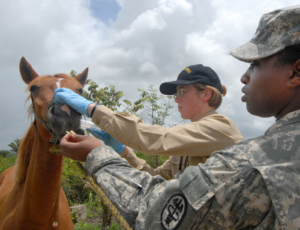
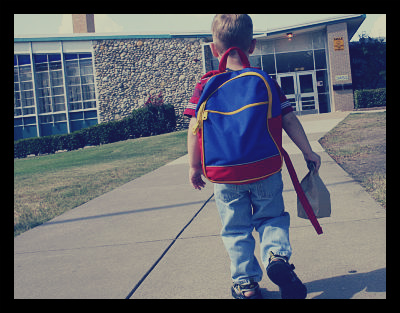 In his State of the Union address, President Obama called for action on something just as unprecedented as universal healthcare in America – universal preschool.
In his State of the Union address, President Obama called for action on something just as unprecedented as universal healthcare in America – universal preschool.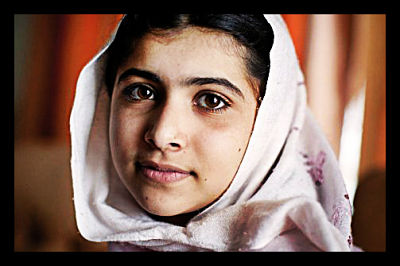
 Sometimes a little goes a long way. This principle guides the idea of investments when one hopes that an initial effort or resource will somehow profitably pay off at some point in the future. Institutionally and globally, this is how education has come to be understood. The power of education has recently begun to change the lives of farmers around the village of Buganda in the Democratic Republic of Congo (DRC). There are programs that improve food security in the Democratic Republic of Congo.
Sometimes a little goes a long way. This principle guides the idea of investments when one hopes that an initial effort or resource will somehow profitably pay off at some point in the future. Institutionally and globally, this is how education has come to be understood. The power of education has recently begun to change the lives of farmers around the village of Buganda in the Democratic Republic of Congo (DRC). There are programs that improve food security in the Democratic Republic of Congo.